Being Beer Friendly: An Interview with Anaheim Mayor Tom Tait
I’ve interviewed plenty of brewers since starting California BrewMasters. If you haven’t noticed by now, it’s kind of my thing. I’ve spoken to brewers in depth about primary and secondary fermentation methods, and listened closely as they pontificated the philosophies of good recipe formulation. For me this information is thought provoking, but as someone that has never brewed, either at home or on a commercial level, these pieces of brewing knowledge are not why I got into craft beer journalism.
I got into beer because of the community that was every bit as intriguing as the beer itself. The nuances of my favorite farmhouse saison are every bit as interesting to me as following the rise of a new brewery in an untapped neighborhood. And just as beer doesn’t make itself, a beer community is only as strong as those that foster and create it. As journalists and fans our appreciation most likely begins after the doors have opened, but we should take into consideration the incredible determination by each brewery to pry the doors open in the first place. It takes months and years, and the process is oftentimes fraught with red tape due to a lack of information or misinformation by the city and county it hopes to call home.
This is where we embark on a conversation about good city governance, and in particular the relationship between city governments and craft breweries. What I hear, often, is that many city and county officials don’t understand what a craft beer production facility is, and what it’s not. A city with no guidelines for a business that doesn’t fall into the box of either a restaurant or an industrial facility will get itself stuck; and unsure of how to answer it’s own questions gridlock can lead to costly delays for fledgling breweries.
There are, of course, plenty of exceptions to this confusion. San Diego, Portland, and Denver are all great examples of city governments that have cleared the way for craft beer and become beer destinations as a result. Closer to my home, (and one could argue in it’s craft beer infancy), Anaheim is becoming another prime example of a city that has begun welcoming new craft breweries to its city limits thanks to more brewery-positive policies. It already has some heavy hitters of note: Bottle Logic, Noble Ale Works, Anaheim Brewery are all in Anaheim proper, with others like The Bruery and Bootleggers just outside the city limits. LA-based Golden Road is set to open a large facility in the heart of Anaheim close to Angel Stadium.
It got me thinking about the future of Anaheim and why it’s bringing in beer talent. Luckily, I had the opportunity to sit down with Anaheim Mayor Tom Tait, to discuss some of the positive policies that have welcomed in beer, and why he’s implemented change to make Anaheim an appealing city for breweries to call home.
Nick: I’d Like to start by asking what your experience is with craft beer?
Tait: It’s nothing exciting. It’s simple… I just like it. I’m certainly nothing like an aficionado, I can’t describe hops; but I like what it’s about and what it can do for a community, from a mayor’s point of view. I saw what it had done to San Diego, to Portland and Denver.
See, I ran on a platform of kindness and freedom. It’s about building social infrastructure, or social capital. If you’re known as a “kind city” and it’s apart of your ethos, the chances of doing something kind is that much greater. It could be picking up a piece of trash on the ground or knocking on a senior citizen’s door that lives alone. Imagine all the kind interactions of each day, millions of them. If you’re in a city of kindness, everything changes. It’s a holistic way of changing your city. Your crime drops, your bullying in school drops, senior neglect gets addressed, all from kindness.
I think people have that in them. In Southern California people are private. We’re developed around the car. Go home, get in the garage; there’s a big wall between houses. People sit in their backyard for their entertainment rather than on their front porch where you connect with your neighbors. So we’re challenged that way. A place is not connected if you don’t know your neighbors. I came up with a program called “Hi Neighbor” and it’s just getting to know your neighbor.
Nick: So connect this back to craft beer, how does it relate?
Tait: I see how craft beer, the artistry and the community aspect of it, brings people together. It brings people together for good, and when those connections are made it builds the social capital of the city. I think it creates a place where people can be kind, makes us safer, and we’re just happier. It creates community pride too.
So here we are in Anaheim, at the right place at the right time. As the mayor I see this. Plus, I enjoy it, and we have all the tools. Southern California has 20 million people throughout Los Angeles, Orange County, and the Inland Empire, and no ones taken the lead. It’s the low hanging fruit. When I got elected I thought, “This is easy.”
Nick: Tell me some of the policies you’ve implemented that make it easier for craft breweries to establish themselves in Anaheim?
Tait: Like I said, I ran on kindness and freedom. Freedom is letting the entrepreneur fulfill their dreams. I think everyone has a dream and a lot of those dreams have to come through City Hall. Most cities in Southern California give a checklist, and it’s draconian. It kicks out a lot of those dreams and kills it in the cradle. Those businesses, those jobs, that person’s dream never happens, and I think that’s a tragedy.
In Anaheim, we started to cut regulations. I started a Regulatory Relief Task Force to cut regulations, and we focused specifically on the brew industry. I wanted to show the city that if we could do it for the brew industry we could do it for everybody. It’s leading the way and showing what free enterprise can do.
I think people who want to open a brewery are passionate about it and have a dream about it. They’ll leave their other job, throw every nickel they have at it, and so you want to help them get there. So… freedom – don’t get in the way, and kindness – help them get there. And cheer them on as a city government.
Every other city also requires a Conditional Use Permit (CUP), that’s a discretionary permit. People spend a lot of money showing what their plans are going to be, going back and forth with planners, and at some point down the road you have to show up in front of a planning commission. Someone can arbitrarily say, “No, I don’t like. It’s going to cause too much traffic,” or whatever the reason. In Anaheim we said we’re going to wipe out that whole step.
Nick: So the CUPs aren’t applying to breweries right now?
Tait: 90% of the city has no CUPs for breweries. We thought if someone knows for certain, they could open in Anaheim within a couple of months. If it’s uncertain in other cities and it could take a couple years, they’re going to want to open in Anaheim.
On top of all this you have the German history of Anaheim, we were brewing beer here 150 years ago. Historically German immigrants came from San Francisco and they were originally winemakers, and a group of them were brewers. There’s great history, and they liked it because of our water. In our wells there’s a certain mix of good water.
Nick: Good water chemistry.
Tait: See, I’m showing how little I know but whatever it is, it makes it very good for beer.
Plus we have 20 million visitors showing up in town every year. A lot of them go to Disneyland, and a lot of people in the evenings after a night or two at Disneyland would like to do something different. We have the largest convention center on the West Coast and two sports teams, the Angels and the Ducks. We have all these qualities so it’s a natural.
Nick: Are there other policies you’d like to mention that relate to craft beer? When we first met (at Firkfest in Anaheim) you mentioned that you had hired someone who was a big craft beer fan to oversee some of this?
Tait: We didn’t hire him, he was there already; we just put him in charge of it. Scott Koehm – when you want to open up a brewery in Anaheim, you’re going to meet with him. He’s going to guide you through the process and the cut the red tape. He’s going to be there for your grand opening, as I will be too. That’s why I ran, to tap that first keg.
But as easy as we made Anaheim, you still had to go through the Orange County Department of Health. Brewers were encountering really long delays. So I met with the County Supervisor Chairman Shawn Nelson, we met at Noble Ale Works. I told him it was tough to be a brew city if we were getting hung up with county health, so he set up a big meeting with myself, the head of County Health, and a bunch of local brewers. The problem was they were addressing it as a restaurant, and there was no specific regulation for a production brewery. Finally they said they were going to get out of the business altogether because breweries were already regulated by the state. So now you don’t even go to the County Department of Health anymore.
Nick: Is that just for Anaheim or all of Orange County?
Tait: That’s for all of Orange County; but you still have to deal with your city. That was the hurdle outside of us and we took care of that.
Nick: Is there anything that hasn’t been done yet policy wise?
Tait: We are as easy as it gets. And we’re welcoming. You show up to Anaheim and you’ll get a big hug when you come in.
Nick: Which is fairly indicative of the craft beer community as well. So what’s your take away, why aren’t other cities being as forthcoming on this issue?
Tait: It’s not natural for cities to do, there’s a one-way valve on regulations. Cutting regulations just doesn’t happen, and as a big “freedom” guy you have to cut regulations and have a bigger picture involved. When you have the strength to do it you can see the benefit of it. I think other cities are going to start doing it because they’re going to see the benefits, too.
I hope other mayors don’t read this article and start copying because we want to get way out ahead of them. But we staked our claim. It’s a big market, and we are going to be the center of it.




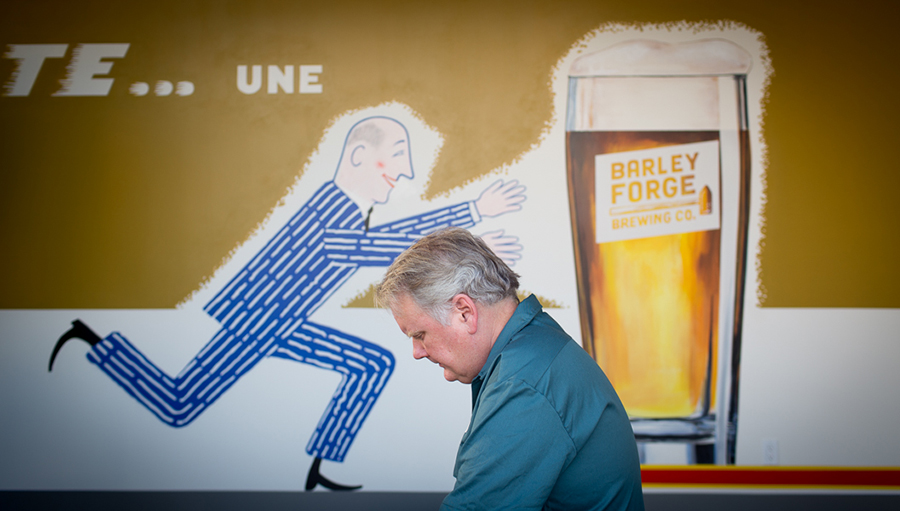
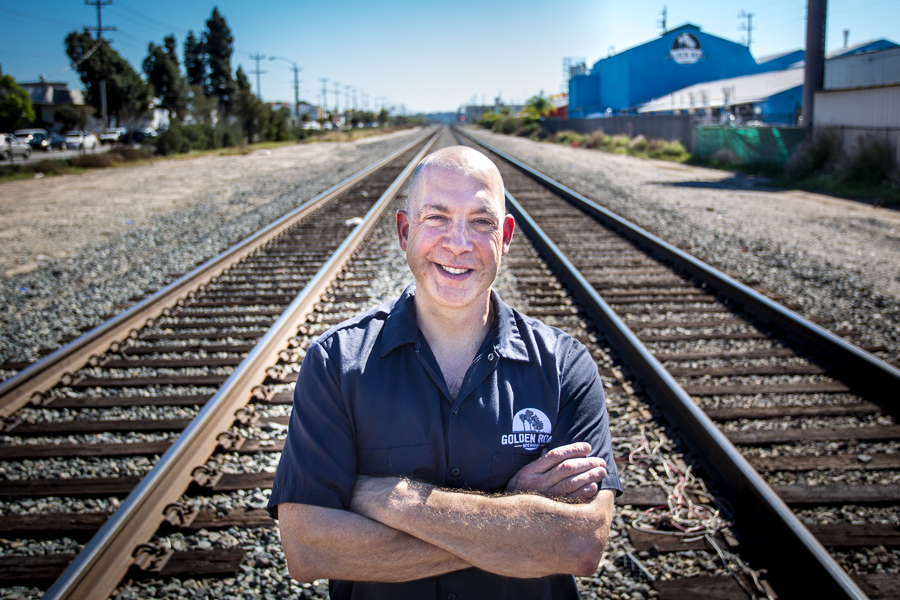
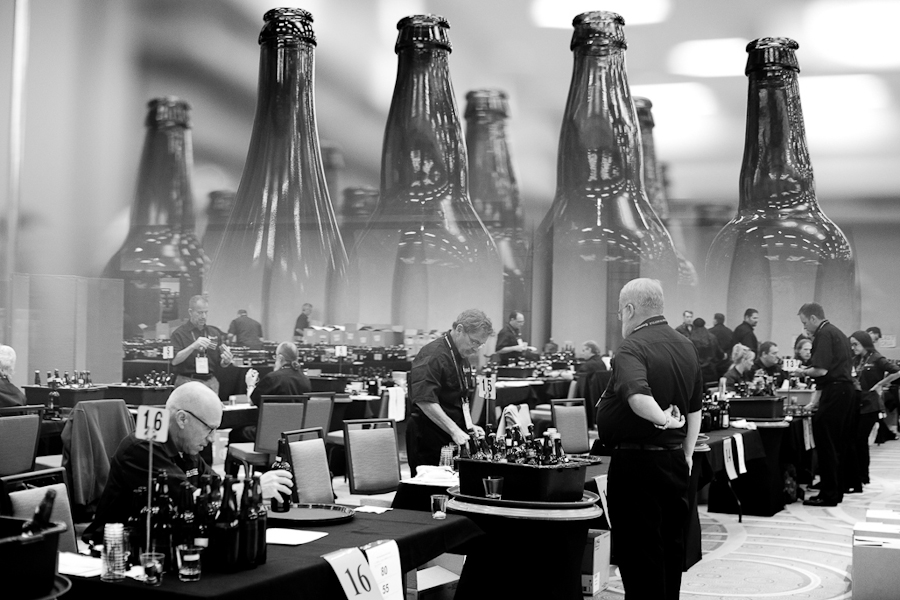
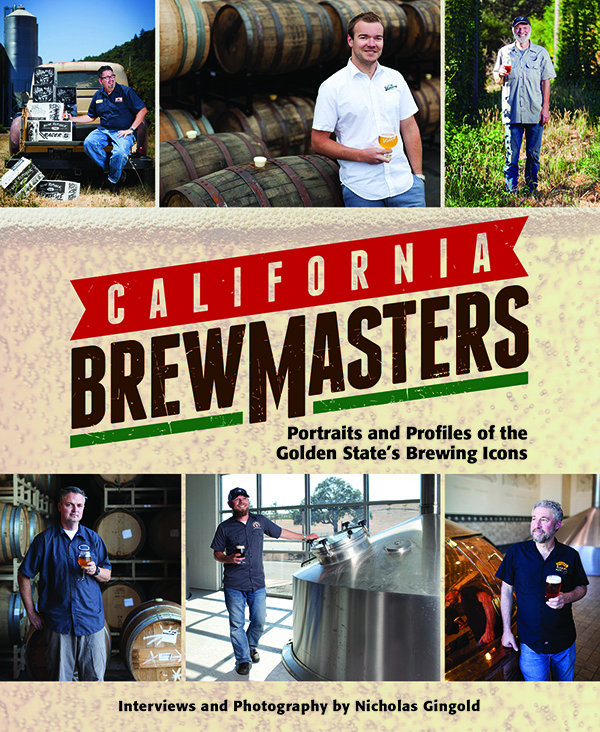


Leave a Reply
Want to join the discussion?Feel free to contribute!